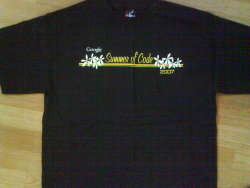As I wrote a while ago, companies using http proxies make people feel a need to break out of their proxies.
Bryan is a friend who recently found out that his company is switching proxy to a different one and apparently both corkscrew and proxytunnel have problems with this new piece, and since libcurl offers quite a lot of functionality to accomplish almost this, a new project was born: curltunnel.![]()
One immediate benefit of using libcurl is the support for multiple authentication methods, in fact more than any of the above mentioned tools.
However, it seems our first quick stab at making this tool (currently 278 lines of code), made it work for several common cases but… not for Bryan’s new proxy.
The current theory is that the proxy actually checks for SSL traffic and only lets that through, and thus it prevents the ssh server banner to appear when we try to tunnel through the proxy to a remote ssh server on port 443. If further testing proves this correct, we will of course have to add a SSL layer to the mix.

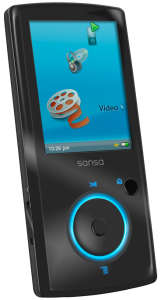

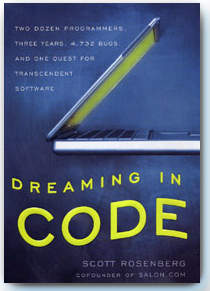
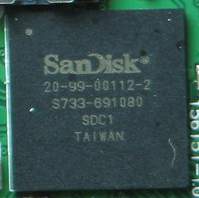
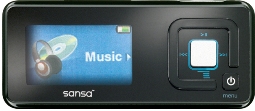 SanDisk apparently has released updated versions of their Sansa c200 and e200 series, called c200 v2 and e200 v2. Since
SanDisk apparently has released updated versions of their Sansa c200 and e200 series, called c200 v2 and e200 v2. Since 